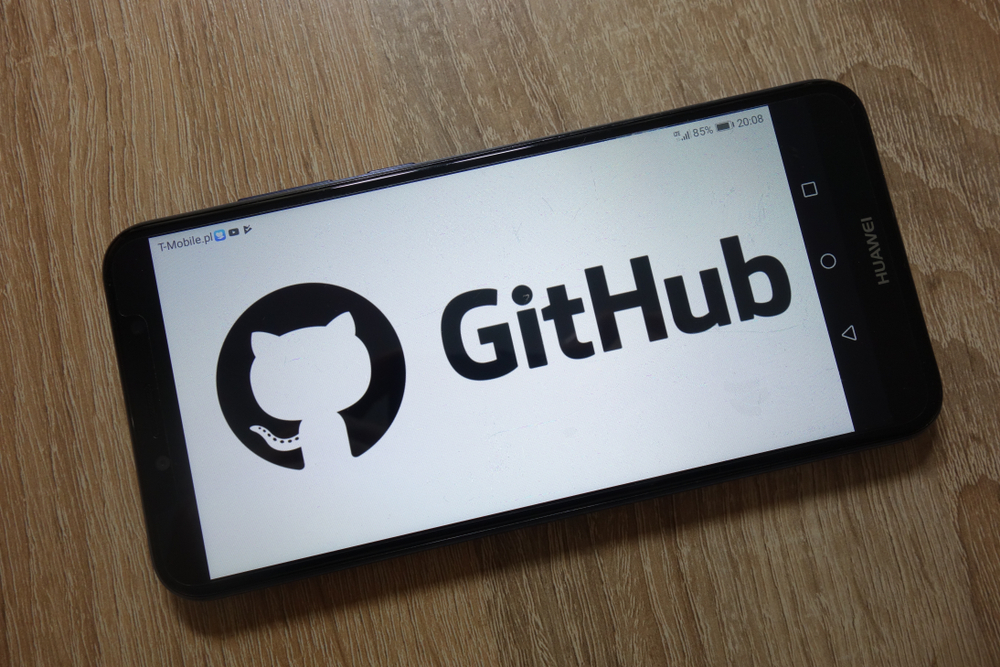A recent survey conducted by GitHub in collaboration with Wakefield Research revealed genertive AI’s impact on developers.
The study involved 500 US-based developers from large-scale enterprises and delved into areas such as developer productivity, teamwork, and the role of AI in business settings.
The findings revealed that a whopping 92% of developers already utilize AI-powered coding tools in their workflows. Developers say the most time-consuming tasks involve builds and tests, and they express frustration over repetitive tasks like writing boilerplate code. Developers want to collaborate more, which AI helps by automating laborious tasks.
Inbal Shani, Chief Product Officer at GitHub, told VentureBeat, “We found that developers spend most of their time writing code and tests, then waiting for the code to be reviewed or for the builds to finish. We also found that AI-powered coding tools enable individual developer productivity and greater team collaboration. That means generative AI helps developers generate greater impact, increase satisfaction and build more innovative solutions.”
The study also illustrates the importance of collaboration within the developer’s job remit. On average, enterprise developers typically work alongside 21 engineers on projects.
AI was reported as a positive force for software developers
Over 70% of developers believe AI-powered coding tools enhance code quality and accelerate project lifecycles.
Additionally, developers felt AI tools helped them upskill and improve their work.
Shani further commented, “Collaboration is the force multiplier for larger engineering teams to benefit and drive customer results. Every organization should use this equation to place developers at the center of empowering customers.”
In addition to AI-related findings, developers reportedly prefer being evaluated on how they have resolved complex incidents and delivered impact rather than the number of incidents resolved.
Shani stressed, “I know this from my own experience of being a developer! We developers prefer to be measured on how we’ve resolved complex incidents and delivered impact, rather than on the number of incidents resolved – which developers in our survey echoed.”
Shani also believes that the growing adoption of AI-powered coding tools among developers indicates that most organizations don’t govern their use – which could pose security risks.
The report encourages organizations to invest in enterprise-grade AI coding tools that meet regulatory standards and internal policies.
The report doesn’t touch on whether or not developers feel AI jeopardizes their jobs. Software engineers have expressed they were anxious about their jobs, with one Microsoft engineer stating in late April, “Software engineering is a dying profession…Face it; the golden age is over.”
A survey of young software engineers found that 41.3% of respondents agreed AI threatened their jobs, 37% voted that opportunities have remained unchanged, and 21.7% said there are more opportunities now.
One thing is certain: AI developers are in hot demand, with big tech offering massive salaries lately to attract top talent. While reports suggest almost half of all jobs face automation, developers are undoubtedly vital to building AI technologies.





